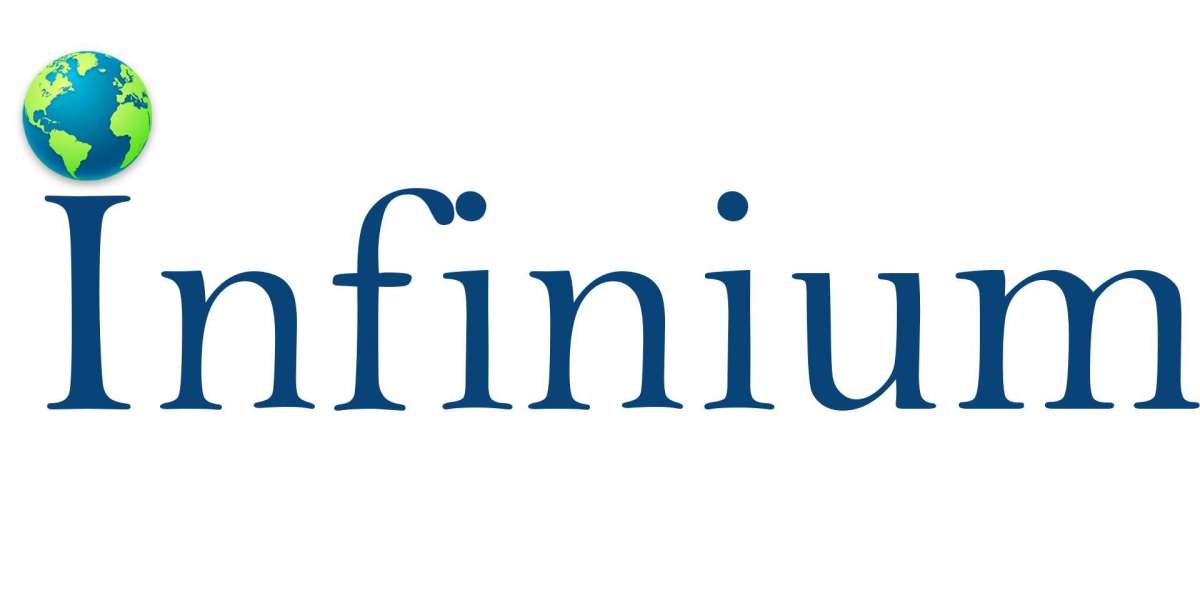The Infinium Global Research analyzes the Women's Health Market over the period of 2024 to 2032. This report also provides detailed qualitative and quantitative analyses of the market dynamics, market size and future trends in global women's health market. It will help a lot of decision makers to develop strategies and find new opportunities in the global markets of women's health. The report covers market changing aspects including drivers, restraints, opportunities, and trends expected to encouragement the expansion of the women's health market during the period.
Get Sample pages of Report: https://www.infiniumglobalresearch.com/reports/sample-request/1142
Women's health is a distinct field characterized by unique physiological and psychological challenges that differ significantly from men's. Biological factors, such as reproductive health and hormonal changes, combined with social and behavioral influences, create specific health needs for women. These factors necessitate tailored medical interventions and preventive care.
Modern lifestyle factors are exacerbating certain women's health issues. Sedentary habits, poor nutrition, and stress are contributing to an increase in conditions like menstrual irregularities, urinary tract infections, and nutritional deficiencies. These trends have fueled growth in the women's health market, driving demand for targeted solutions.
To address nutritional deficiencies, the market has witnessed a surge in women-specific dietary supplements. Products rich in calcium, iron, iodine, folate, and vitamins D and B12 are gaining popularity due to their potential to improve overall health and well-being. Consumers are increasingly opting for natural and herbal supplements as alternatives to synthetic options.
How to succeed in new women’s healthcare markets
- Underinvestment in Women's Health Research
Current research funding for women's health is insufficient. We propose a public-private partnership model, similar to successful infectious disease initiatives, to boost investment and drive innovation.
- The Menopause Market: A Growing Opportunity
The menopause market holds immense potential. To fully capitalize, we must comprehensively understand menopause's impact on health, work, relationships, and the economy. This knowledge will inform the development of new products, services, and business models.
- Ethical Women's Health in Developing Regions
Addressing women's health challenges in underdeveloped areas requires a strong ethical framework. By prioritizing accessibility, affordability, and cultural sensitivity, we can create sustainable healthcare solutions and expand market opportunities.
- A Holistic Approach to Women's Health
To maximize the potential of the women's health market, we need a collaborative ecosystem involving healthcare providers, pharmaceutical companies, technology firms, and other stakeholders. Integrating diverse technologies will create comprehensive solutions tailored to women's specific needs.
What is Women’s Health?
Women's health is distinct from men's. While the World Health Organization defines health holistically as complete physical, mental, and social well-being, women's health often requires a more nuanced understanding. Reproductive health, traditionally viewed separately, is a crucial component of overall women's health. This complexity is exacerbated in developing countries where women face additional barriers, resulting in unique health risks and experiences.
Essentially, women's health encompasses a broader spectrum than simply the absence of disease and demands a comprehensive approach.
Market Segmentation:
- The global women's health market is segmented by treatment type, disease indication, and distribution channel.
- Treatment types include hormonal (such as combination therapy, thyroid replacement, estrogen, progestin, and parathyroid hormone therapies) and non-hormonal (like cancer-targeted drugs, antibiotics, and bisphosphonates).
- Disease indications covered are hypothyroidism, osteoporosis, uterine fibroids, cancer, post-menopausal syndrome, contraception, urinary tract infections, and others.
- Distribution channels analyzed are online pharmacies, hospital pharmacies, and retail pharmacies.
Regional Analysis:
The report provides a regional breakdown of the market, including North America, Europe, Asia-Pacific, and the Rest of the World. It analyzes market size and key trends for each region from 2024 to 2032.
North America, led by the United States, dominates the market. Europe, encompassing major economies like Germany, the UK, France, and Spain, is another key player. However, the Asia-Pacific region, driven by rapid growth in India and China, is emerging as a significant market with substantial growth potential. In fact, APAC is projected to experience robust growth throughout the forecast period.
Competitive Landscape:
Novartis AG, Merck Co., Inc., Amgen Inc, Eli Lilly and Company, Lupin Pharmaceuticals, Inc., Novo Nordisk A/S, AstraZeneca, Pfizer, Inc., Sanofi and Other. This industry feature for merger and acquision as an explanations strategy, for instance, Ahmedabad-based Torrent Pharma has completed the acquisition of women healthcare brands Regestrone and Pregachieve for India from Swiss pharma major Novartis AG.
Reasons to Buy this Report:
= Comprehensive analysis of global as well as regional markets of women's health.
= Complete coverage of all the product types and application segments to analyze the trends, developments, and forecast of market size up to 2032.
= Comprehensive analysis of the companies operating in this market. The company profile includes an analysis of the product portfolio, revenue, SWOT analysis, and the latest developments of the company.
= Infinium Global Research- Growth Matrix presents an analysis of the product segments and geographies that market players should focus on to invest, consolidate, expand, and/or diversify.
Report Overview: https://www.infiniumglobalresearch.com/reports/global-womens-health-market
Future Outlook:
The Women's Health Market is set for significant growth, driven by increasing awareness, advancements in technology, and rising healthcare expenditure. Innovations in personalized medicine and digital health solutions are expected to enhance care for conditions such as reproductive health, menopause, and cardiovascular issues specific to women. As societal attitudes shift towards proactive health management, the demand for tailored solutions and preventive measures will continue to rise.
Conclusion:
In conclusion, the Women's Health Market is poised for expansion, reflecting a broader recognition of women's unique healthcare needs. Continued investment in research and development, coupled with improved access to specialized services, will likely lead to better health outcomes and increased market opportunities. Addressing these needs will not only enhance women's health but also drive growth within the sector.


